Our furry friends, the adorable rabbits, can’t communicate with words, but their bodies often tell us a lot. In this comprehensive guide, we’ll dive into the subtle ways your bunny might be signaling distress. Let’s unravel the mysteries and become fluent in the language of rabbit health.
Unveiling the Silent Signs
1. Lethargy: When Binkies Turn to Naps
Have you noticed your energetic bunny suddenly becoming a couch potato? Lethargy in rabbits is a red flag. While they love their beauty sleep, an unusually lazy bunny might be sending distress signals.
Keypoint: Monitor your rabbit’s activity levels for any sudden decline.
2. Changes in Eating Habits: The Dinner Bell Alarm
Rabbits are notorious for their selective taste, but drastic changes in eating habits can signify trouble. Is your once voracious eater now pushing away their favorite greens?
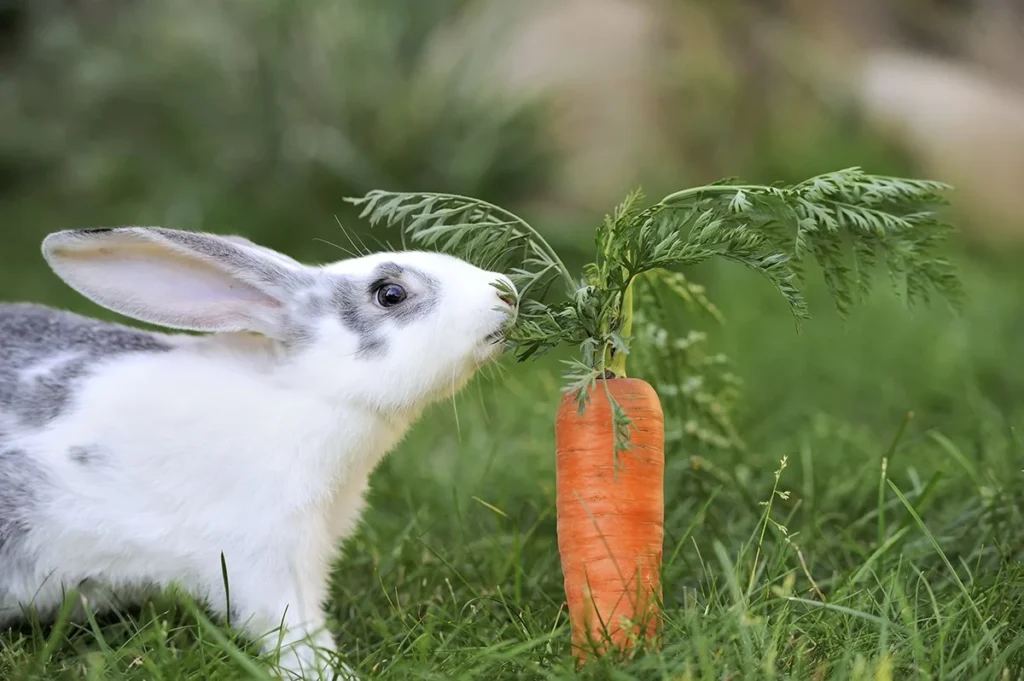
Keypoint: Keep a keen eye on your rabbit’s appetite fluctuations.
3. Gastrointestinal Woes: The Silent Tummy Troubles
Rabbits can’t articulate stomach pain, but a change in stool consistency can hint at gastrointestinal issues. Runny or unusually hard droppings might be a sign of an underlying problem.
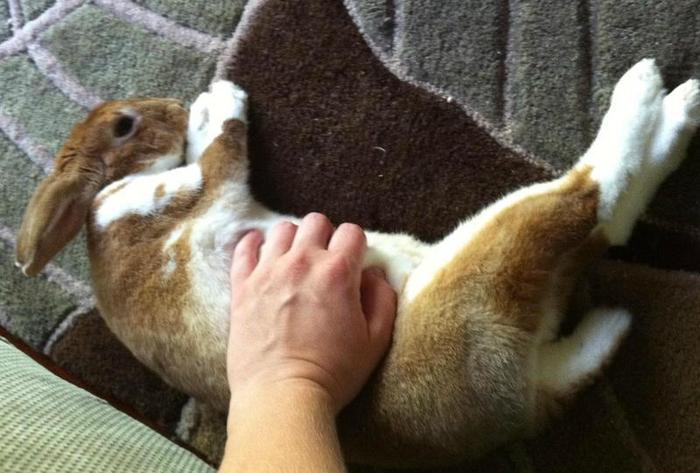
Keypoint: Regularly inspect your rabbit’s litter box for any unusual droppings.
4. Respiratory Distress: When Breathing Isn’t Easy
Just like us, rabbits can face respiratory issues. Labored breathing or sneezing might indicate respiratory distress. Imagine your bunny having a little cold—what would you do?
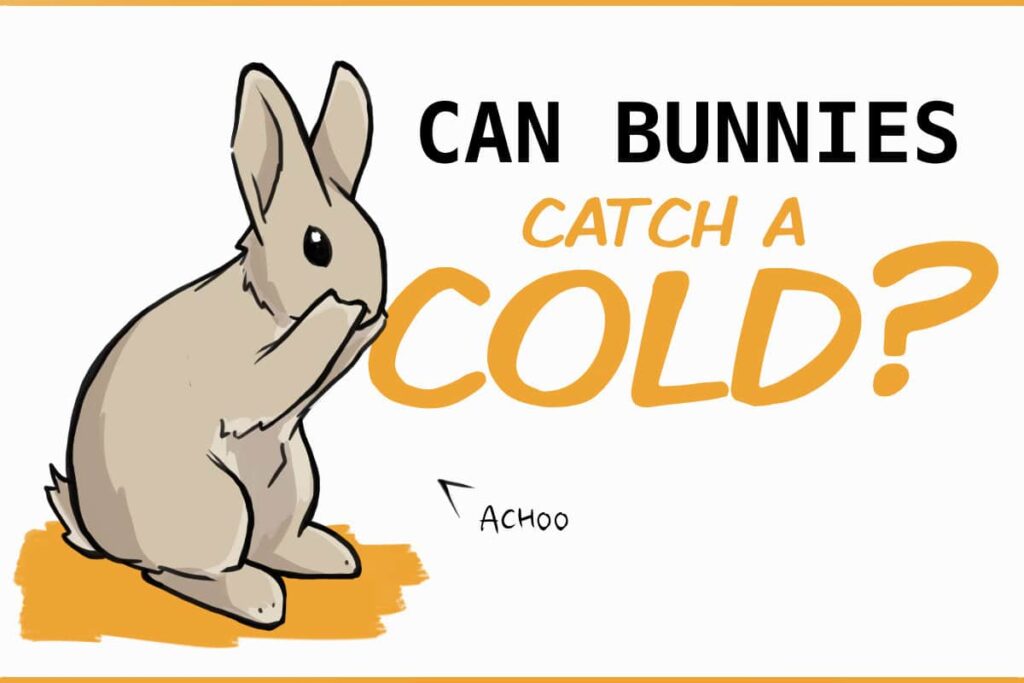
Keypoint: Be attentive to any unusual sounds or patterns in your rabbit’s breathing.
The Eyes Have It
5. Watery Eyes: Tears in the Bunny’s Eyes
Rabbit eyes should be bright and clear. Watery eyes might be a symptom of an underlying issue. Think of it as your rabbit shedding tears—it’s time to investigate.
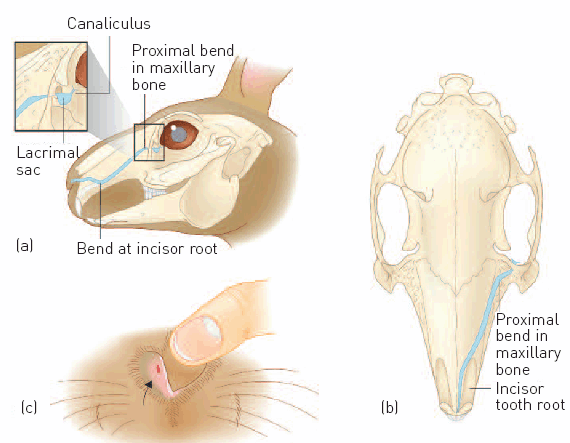
Keypoint: Regularly check your rabbit’s eyes for any signs of excessive tearing.
6. Red Eyes: Not the Romantic Kind
Red eyes in rabbits aren’t a romantic gesture; they might be a sign of illness. Conjunctivitis or other eye infections can cause redness. Let’s decode the language of rabbit eyes.
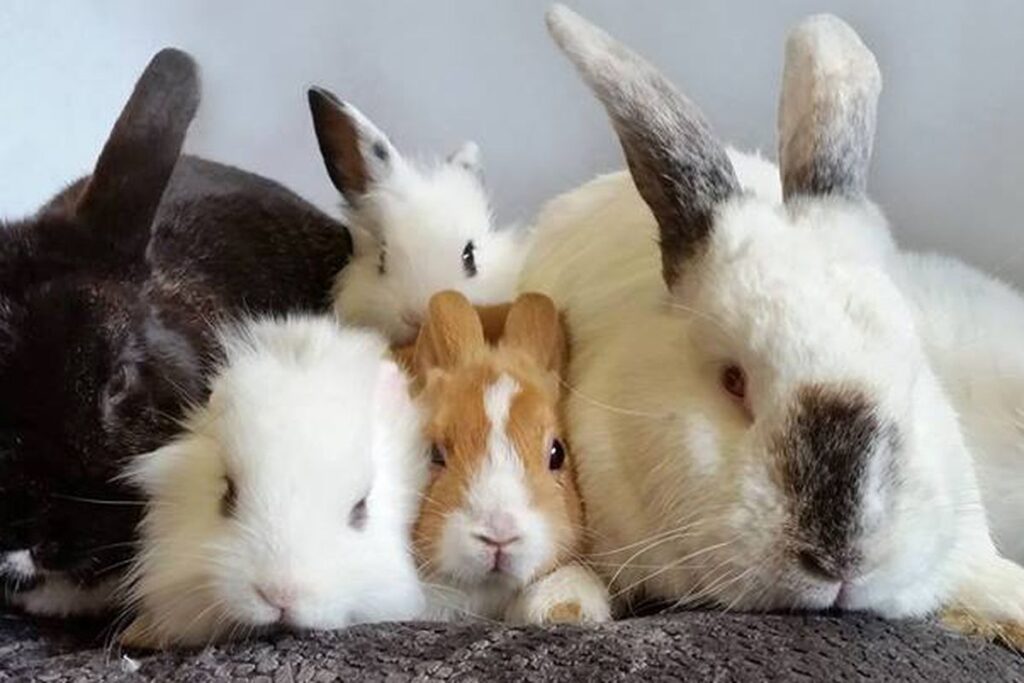
Keypoint: Seek veterinary advice if you notice persistent redness in your rabbit’s eyes.
The Fur-tive Language of Coats
7. Fur Loss: When Fluff Goes Missing
Bunny fur should be lush and vibrant. If you spot patches of missing fur, it’s time to play detective. Could it be a simple molt, or is there something more serious at play?
Keypoint: Brush your rabbit regularly and keep an eye out for any unusual bald spots.
8. Unkempt Fur: A Rabbit’s Cry for Help
A rabbit’s grooming routine is meticulous. If you notice your bunny neglecting their fur, it might be a sign of pain or discomfort. Dive into the world of rabbit grooming habits.
Keypoint: Observe your rabbit’s grooming behavior for any deviations from the norm.
The Dreaded Ears Speak Volumes
9. Head Tilt: A Bunny’s Unsteady Balance
Rabbits usually hold their heads straight. If you notice a tilt, it’s not a quirky pose—it could be a sign of inner ear issues or other health concerns.
Keypoint: Pay attention to your rabbit’s head position for any signs of tilting.
10. Ear Discharge: The Unwelcome Drip
Healthy rabbit ears should be clean and dry. Any discharges might indicate an ear infection. Let’s delve into the sensitive topic of rabbit ear health.
Keypoint: Regularly inspect your rabbit’s ears for any signs of discharge or unusual odors.
Putting it All Together: Your Rabbit Health Checklist
Remember, being a bunny detective involves observing the whole picture. Combining these signs can paint a clearer image of your rabbit’s health. If something feels off, consult with a rabbit-savvy vet.
Conclusion
In this guide, we’ve delved into the subtle ways your rabbit communicates their well-being. By recognizing the signs of distress early on, you can ensure your bunny leads a happy and healthy life.
Frequently Asked Questions
Q1: Can stress cause rabbit illnesses? Stress can indeed impact your rabbit’s health. Sudden changes, loud noises, or the introduction of a new pet can stress your bunny. Provide a calm environment and monitor for any signs of distress.
Q2: How often should I take my rabbit to the vet for a check-up? Yearly check-ups are recommended for rabbits. However, if you notice any concerning signs, don’t hesitate to consult your vet promptly.
Q3: Can I treat my rabbit’s illness at home? While some minor issues can be managed at home, always consult with your vet before attempting any treatment. Rabbits are delicate creatures, and professional advice is crucial.
Q4: What should I feed my sick rabbit? Consult your vet for a specific diet plan tailored to your rabbit’s illness. In general, providing fresh hay, water, and a balanced rabbit-friendly diet is crucial.
Q5: How can I create a stress-free environment for my rabbit? Ensure a quiet and secure living space for your bunny. Provide hiding spots, gentle petting, and a consistent routine to minimize stress.
Recognizing rabbit illness signs is a skill every rabbit parent should master. Your bunny might not speak our language, but their body language is a conversation worth understanding. Keep your rabbit happy, healthy, and hopping!





















